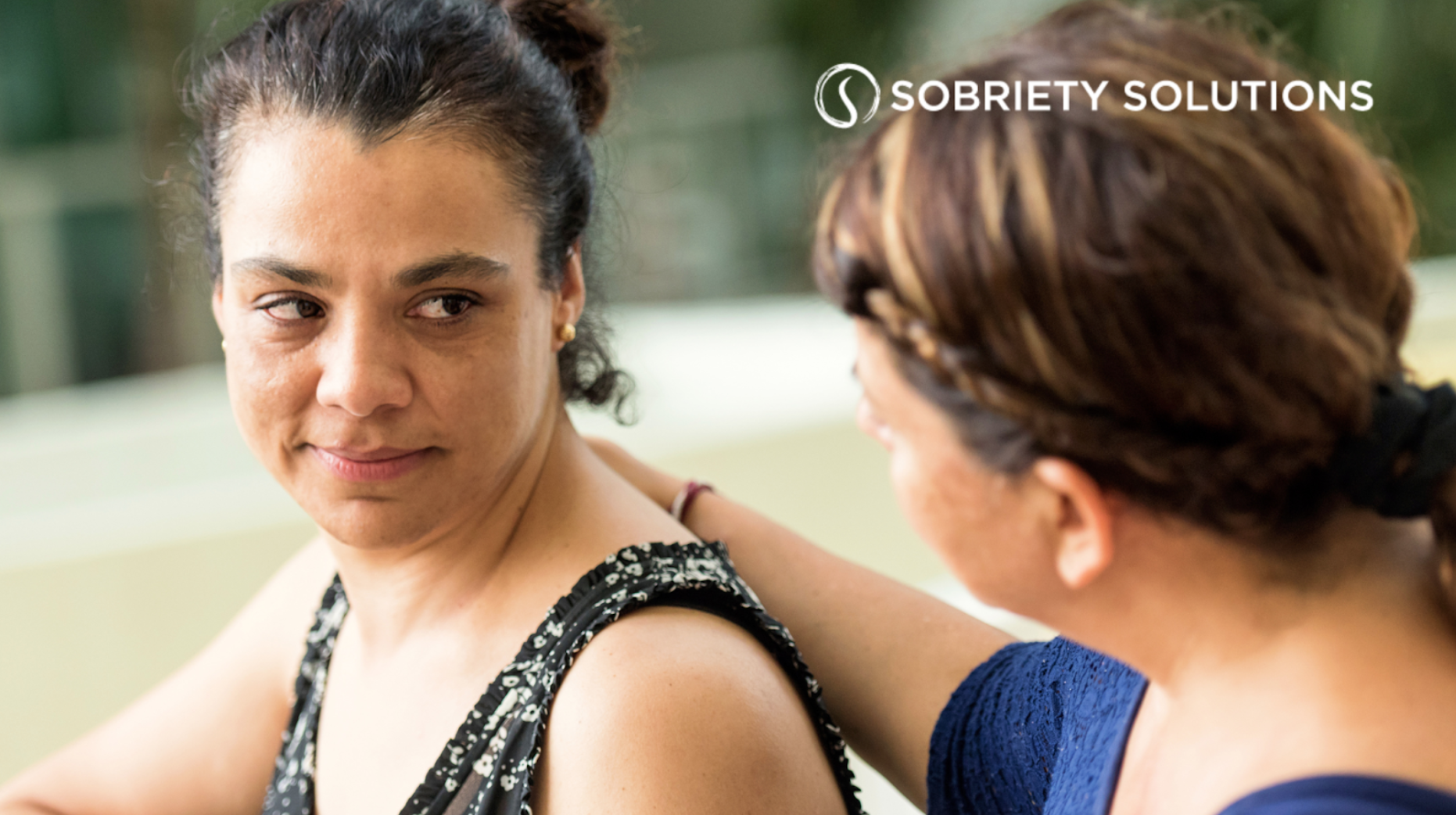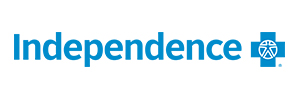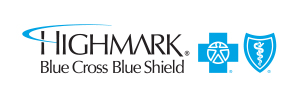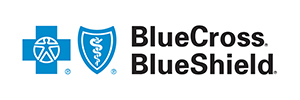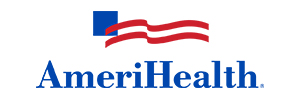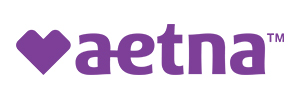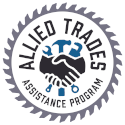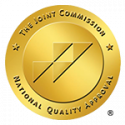10 Signs Your Loved One is a Functioning Addict and Where to Seek Support
Addiction is a chronic disease that affects millions of people worldwide. While it’s common knowledge that addiction is a problem, many people don’t realize that the problem may be close to home. The signs may be subtle at first, but substance abuse has undeniable physical, behavioral, and emotional effects as time goes on.
How do you know whether someone you care about is struggling with addiction? Here are some telltale signs to look for and resources for seeking help.
What Are Some Common Signs of Addiction?
Once you start looking for the signs, you’ll find physical, behavioral, and emotional symptoms of addiction. Intertwined with them all, keep in mind the Three Cs of Addiction:
- Loss of Control over substance abuse
- Compulsive use and intense cravings
- Continued use even when there are consequences
Physical Signs of Addiction
Substance use disorder takes a colossal toll on the body and causes long-term health consequences. Physical symptoms can be obvious evidence of a drug abuse problem.
Is your loved one suddenly over-or under-active? Have they experienced drastic weight loss or a change in eating habits? Do they constantly have dilated pupils or bloodshot eyes? A significant change in appearance could be one of the signs of drug abuse. You might also notice:
1. Repetitive speech patterns
2. A decline in personal hygiene
3. A rotting smile (“meth mouth”)
Also, be aware of finding any suspicious paraphernalia, such as burnt spoons, pill bottles, syringes, and others.
Behavioral Signs of Addiction
The disease of addiction is rife with gaslighting, deception, and denial. Those struggling with addiction can go to great lengths to mask their drug-seeking behavior.
Is your loved one missing work/school or not showing up for appointments? Are they isolating themselves and becoming secretive or overly defensive? Does it seem like they’re sleeping less or at odd hours? You might also notice behavioral patterns such as:
4. Aggressive behavior
5. Unexplained disappearances or absences
6. Extreme mood swings
Behavior control becomes exceedingly tricky when someone abuses substances. Destructive behavior might mean your loved one is showing signs of addiction.
Emotional Signs of Addiction
As the substance abuse gains strength, your loved one will lose the ability to feel normal without their drug of choice. Getting drunk or high will be more important than the things they used to enjoy, which can be a major cause of stress.
Have you noticed your loved one being defensive or unable to deal with stress? Are they cutting people out of their lives? Or maybe they’ve lost interest/motivation for activities they used to love to do. Are they rationalizing their behavior with more and more excuses? You may also notice:
7. Oversensitivity/irritability
8. Use of diversion tactics
9. Blaming others for their problem/rationalization
10. Minimizing the seriousness of their problem
Addiction and Mental Health
It’s important to remember that addiction doesn’t occur in a vacuum. Sometimes, it can intertwine with other mental health conditions such as anxiety and depression. It’s not uncommon for people to turn to substances due to mental health issues as a form of self-medication.
If you suspect that your loved one has mental health issues and an active addiction, it’s essential to seek help for both of these issues. Treatment could look like medications, talk therapy, support groups, and rehabilitation.
Research supports the idea that professionals should treat these conditions simultaneously via integrated treatment. When doctors and counselors can treat both disorders simultaneously, it allows for lower treatment costs and better patient outcomes.
How to Seek Support for Your Loved One
If you believe a loved one is abusing drugs, you may be wondering how to confront them and persuade them to get treatment. Perhaps you have even strayed into enabling your loved one instead of helping them as you planned. If you’ve battled addiction before, you know that getting someone to admit they have a problem is already a significant victory in itself. Remember that family plays an integral role in recovery, and support can take many forms.
If you find yourself planning an intervention or have already had one, remember that the aim is to show them that care and real help are available to them.
Sobriety Solutions Programs
We believe that recovery needs social support and intertwine this with medical care and therapeutic help in our different program options. Among others, we offer a
- Partial hospitalization program
- Intensive outpatient program
- Mindfulness-based outpatient program
To better understand our programs and what could be suitable for your loved one, visit our site here.
We would also love to talk with you if you have any questions. Just reach out at (833) 347-1653–we are ready for your call!
Don’t Wait. Get Help Now.
The signs of active addiction can be obvious if you know where to look. If you believe you or someone you love may be struggling with drug abuse, let us help you determine a path to treatment. We are dedicated to providing the best recovery services in a compassionate and comfortable environment. There is hope. Start the road to recovery today.

